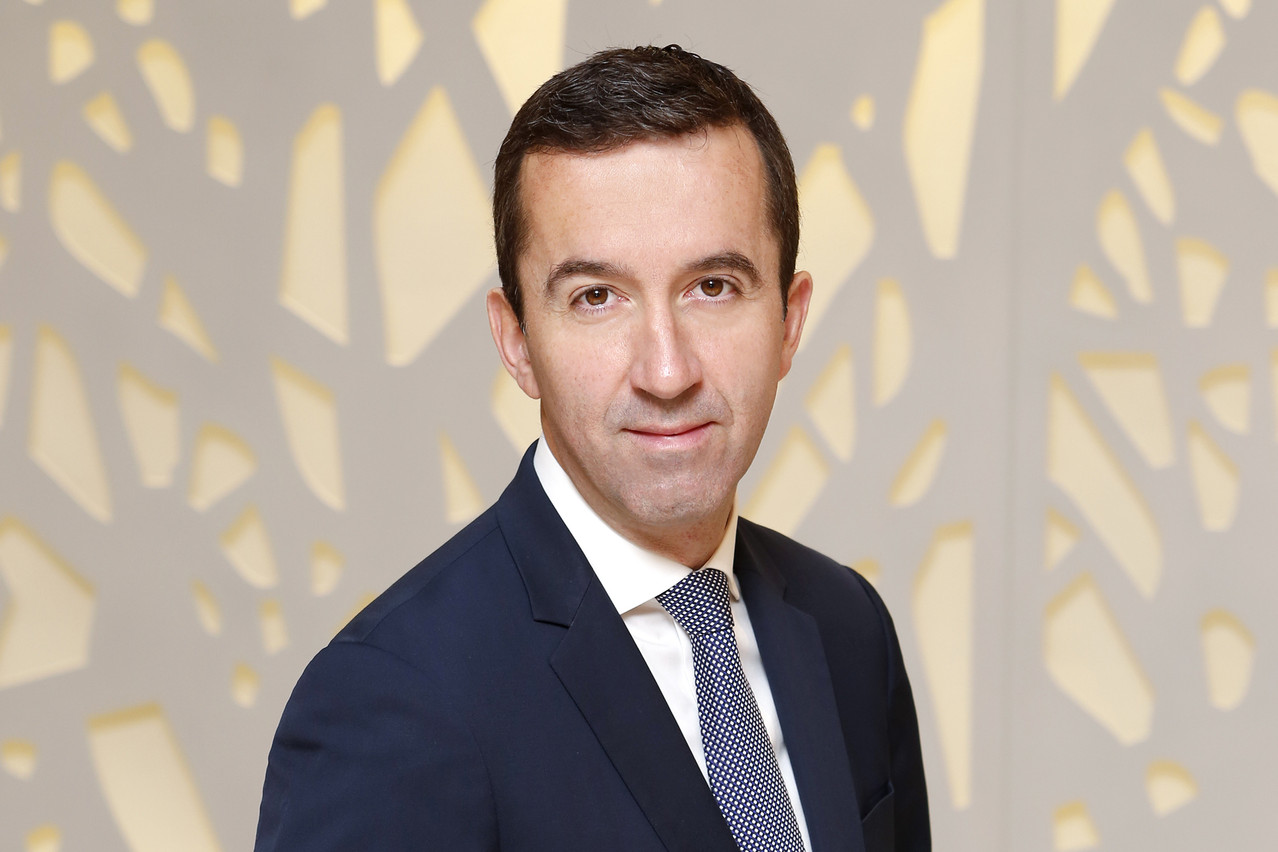Some investors have taken note of the disappointing returns, shifting part of their assets out of actively traded funds into passive products such as ETFs, many of which charge fairly nominal fees.
For Mathieu Maurier, Societe Generale Securities Services (SGSS) country head in Luxembourg, while the industry is undoubtedly going through a tough cycle, technological innovation would play an invaluable role in supporting active management.
Beginning with the basics: outsourcing
Through outsourcing middle and back office activities to external vendors, asset managers can transition away from their own proprietary legacy systems, allowing them to accumulate the benefits of automation and scalability. However, Maurier accepts that while outsourcing provides intrinsic value for managers, firms need to exercise caution when deciding on what processes to externalise. For example, a manager may obtain a number of strategic efficiencies through outsourcing, but he might like to retain control of (a) particular operational process(es) in-house. Maurier adds approaches to outsourcing will vary across managers, depending on their strategies, geographical locations or growth stories, principally whether businesses have expanded organically or through acquisitions.
Innovation at service providers
Simultaneously, providers are attempting to distinguish their service offerings through innovation. Maurier says it could prove challenging to uproot a legacy system and replace it with an altogether new piece of technology infrastructure. Providers could focus on how new technologies can interoperate with legacy systems.
More providers are leveraging APIs to unlock siloed data held across their entire organisations, and consolidating all of the information into a single framework, giving them a holistic view of their internal operations and those of their clients. Such data could be used by investment firms to better predict their cash flow forecasts or collateral requirements, facilitating improvements in how they manage their cash and collateral holdings. This will ultimately generate savings for asset managers, potentially offsetting return slippage elsewhere.
New technologies
The integration of distributed ledger technology (DLT) into the funds’ ecosystem is one such example. While the number of applications for DLT has declined, Maurier says the technology could solve a number of inefficiencies facing the funds and post-trade industries.
It should be borne in mind that many questions remain open, particularly on regulation, interface between securities and cash, guarantees provided to investors that will enable them to have confidence in new digital processes.
Maurier adds Societe Generale is a pioneer in the development of tokenised securities through Societe Generale FORGE, one of the group’s internal start-ups, and its role in Societe Generale issuance of the first covered bond as a security token on a public blockchain last April. Societe Generale and Societe Generale FORGE recently issued EUR100 million of covered bonds in token form via the Ethereum blockchain, generating extensive efficiencies in the process.
A model innovation approach
Hidden and unnecessary operational costs are pervasive throughout the asset management industry, but service providers are working hard to deliver dynamic solutions. Maurier concluded with the idea that innovation is not about replacing everything. It can also be subtle, just upgrading legacy platforms to reach the right combination of new and old technologies, to reach the goal: deliver value to clients.
More news on the fund industry in supplement.
